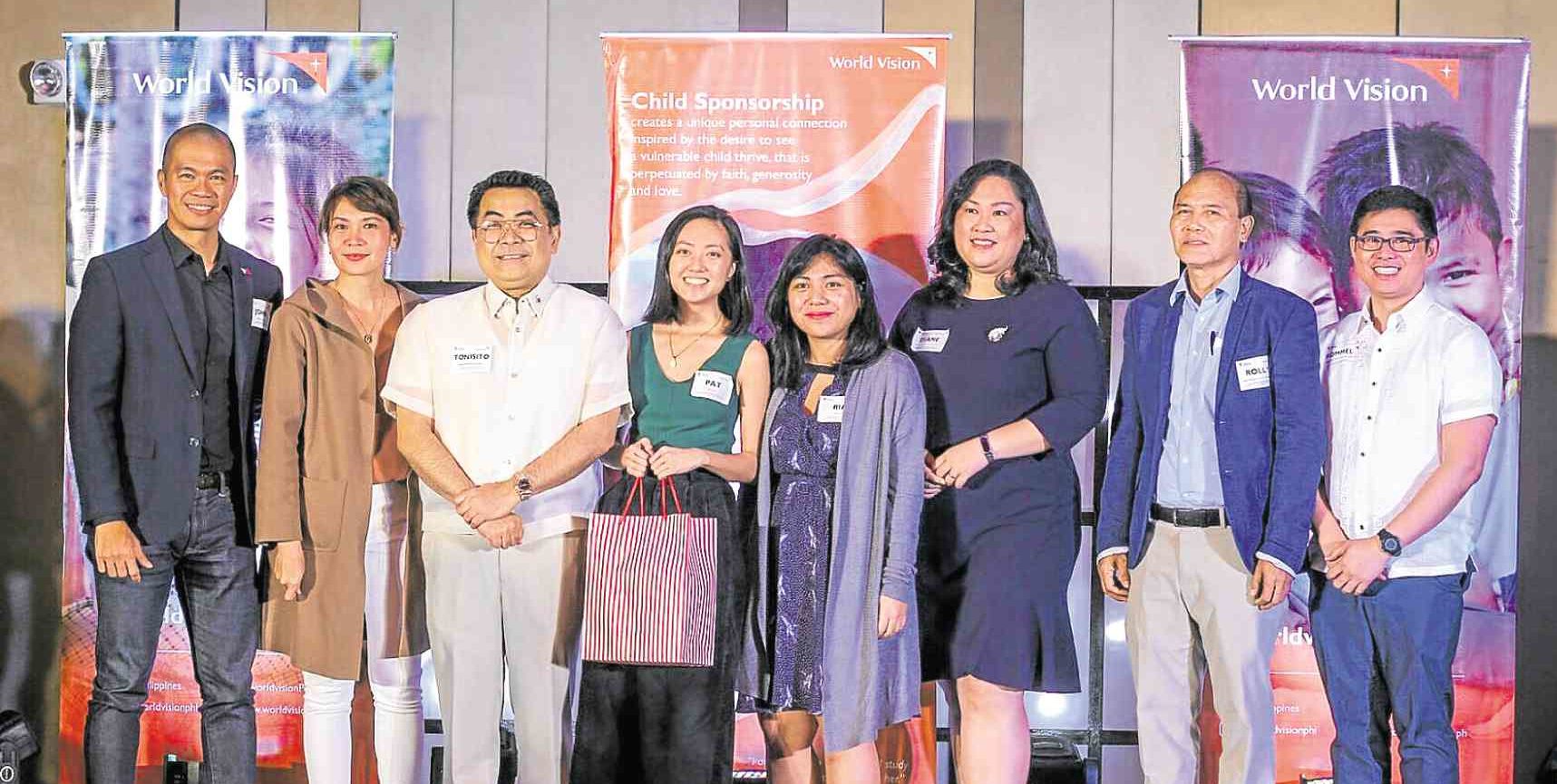Startups’ big ideas making a difference in communities’ lives
In a small village in Davao City, a startup has afforded 500 underprivileged out-of-school youth the opportunity to undergo training for skills for potential employment.
Meanwhile, in a municipality in Cebu, 1,000 farming households are learning how to take better care of their health and the environment, while earning a living, by planting “healing food,” thanks, again, to another innovative startup.
These communities—Brgy. Bucana in Davao City, and Sogod in Cebu—are the respective beneficiaries of Edukasyon.ph and Plantsville Health, the grand winners of child-focused advocacy organization World Vision Philippines’ recently concluded Social Innovation Challenge (SIC).
The competition invited startups from all over the country to submit their ideas for solutions to two issues that are particular to these areas: the growing number of out-of-school youth (Davao), and the lack of soil productivity (Cebu).
Edukasyon.ph, an online platform that connects students to educational opportunities and provides information on their possible careers, won for its business pitch called Ed Upskill.
“We envision our portal to be a convenient way for out-of-school youth to upskill knowing that they have limited time and financial resources to pursue formal schooling, and that they have existing responsibilities in their family and community,” says Joanna Patricia Matias, Edukasyon.ph’s manager of partnerships for social developments.
Matias adds that Ed Upskill provides its users with a “fun option” for their education that adjusts to their responsibilities and allows them to improve their skills at their own convenience.
The modules, which will we be provided by third-party institutions like the Technical Educational and Skills Development Authority (Tesda), will be made accessible online and on mobile so as not to take users away from work or home.
It also incorporates gamification elements to keep the modules engaging.
The portal will be made available to out-of-school youth ages 13-24, and will offer three upskilling tracks which they can choose from: customer service representative, community entrepreneurship, and home-based online employment.
Once a user has completed the modules, he or she will receive certification from Tesda, or any of the other licensed educational institutions which provided the material.
Ed Upskill also matches out-of-school youth to job openings that are a match to their new skills, based on the track they complete.
“The portal is designed to be a flexible route to employment and is not a portal for out-of-school youth seeking to return to school, as we found that this is not the immediate need for the youth in Barangay Bucana,” says Matias. “While it’s focused on local needs, the portal is flexible and scalable enough to carry a variety of different skills and career fields. We see it as a great way to partner with multiple institutions for different tracks that will work for different community needs.”
In Sogod, Plantsville Health, led by founder November Canieso-Yeo, will be improving the community’s soil productivity, which has been affected by climate change, by teaching the youth to plant “healing food” such as cinnamon and honey.
“Honey and cinnamon benefit people’s health as they are rich in antioxidants, which are linked to lowering blood pressure. Cinnamon has cinnamaldehyde, which protects us from hypertension as it lowers cholesterol and controls blood sugar,” says Yeo. “With regards to the community’s livelihood, in 2016, cinnamon already had a global market of $486, while honey is projected to have a global market of $10 billion by 2025.”
Yeo also emphasizes the positive environmental impact of these two products.
“Cinnamon trees can help prevent soil erosion and flooding, while honey compels farmers to plant organic exclusively as bees die within a kilometer of chemical sprays,” Yeo says.
The two startups each received a cash prize of P100,000, which served as their projects’ seed funding.
They are expected to be able to fully implement their innovations in six months.
“We chose Plantsville and Edukasyon.ph because [we believe] their ideas will harvest the best for the residents,” says Rommel Fuerte, executive director of World Vision Philippines. “The goal of this project is to be able to empower our communities, especially the parents, so they would be able to provide for their children a healthy, safe, and sustainable life.” —ANNELLE TAYAO-JUEGO

